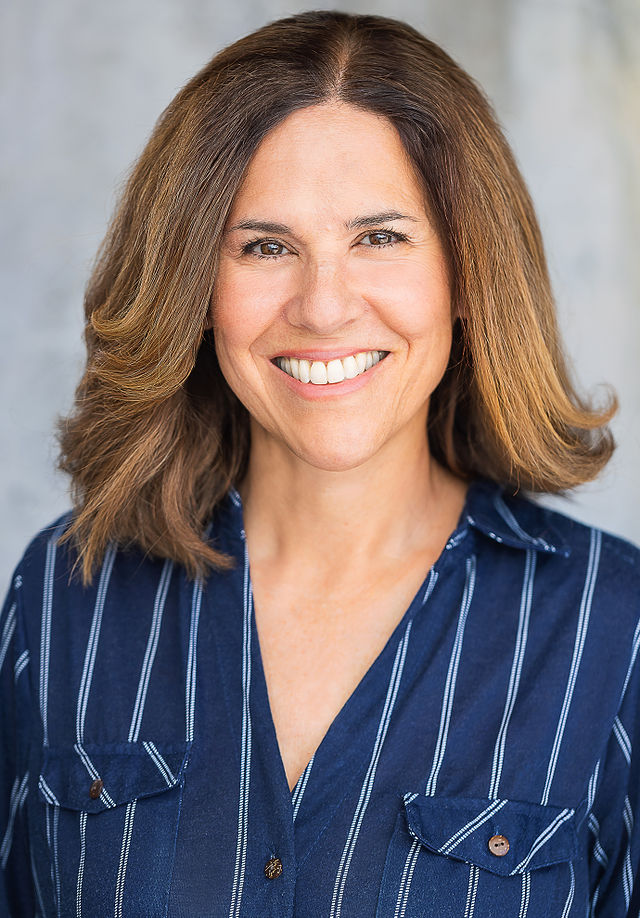We caught up with the brilliant and insightful Ofelia Habelt a few weeks ago and have shared our conversation below.
Ofelia, first a big thank you for taking the time to share your thoughts and insights with us today. I’m sure many of our readers will benefit from your wisdom, and one of the areas where we think your insight might be most helpful is related to imposter syndrome. Imposter syndrome is holding so many people back from reaching their true and highest potential and so we’d love to hear about your journey and how you overcame imposter syndrome.
Overcoming impostor syndrome is an ongoing process—one I’ve grown more confident in each day.
Starting a career as a talent agent later in life occasionally invites that inner critic: “Am I behind?” Especially when I step into rooms with industry veterans or scroll through others’ big wins online, it’s easy to feel like I don’t belong.
But here’s what I’ve learned works best for me—and why I’m gaining momentum:
1. Recognize the signs and separate feelings from facts
When my shoulders slump or I feel my confidence dip before an important call, I pause. That’s my trigger to switch from emotion to evidence. Experts call this focusing on facts over narratives—an approach shown to reduce impostor feelings.
2. Lean on your actual wins
I keep a “wins journal”—SM posts about talent bookings, glowing testimonials, and actual outcomes. Reviewing it reminds me: these aren’t fleeting; they’re concrete proof. This simple tool is cited by behavioral coaches as one of the most powerful ways to reinforce real achievement .
3. Use comparison as motivation—not discouragement
I’ve made the choice to limit mindless social scrolling. Comparison can steal joy, but if I intentionally use it to set higher goals, it becomes fuel instead of fuel for doubt .
4. Separate identity from output—and tap into faith
My worth isn’t tied to every deal or client outcome. As someone of faith, I increasingly meditate on my inherent identity apart from my career. This mindset shift—rooted in self-worth, not work-worth—has been transformative.
5. Talk it out with mentors
I share my fears with trusted peers and mentors, knowing that even the most seasoned agents face impostor moments. Their encouragement reminds me I’m not alone, and I’m doing great work.
6. Channel anxiety into growth
When fear hits before stepping into unfamiliar territory—like pitching a new client—I reframe it as excitement or energy to learn. Behavioral coaches note this tactic helps transform self-doubt into progress rather than paralysis.
Bottom line:
I am consistently booking talent, receiving positive feedback, and moving careers forward. Every time I revisit my “journal” or get rally support from a mentor, I reinforce the truth: I belong here—right when and where I’m meant to be.
Appreciate the insights and wisdom. Before we dig deeper and ask you about the skills that matter and more, maybe you can tell our readers about yourself?
IWhat Makes My Work Special 1. Championing Talent with Heart & Strategy
Every booking feels like a celebration—from The Conjuring: Last Rites to shows such as Night Agent, General Hospital, 20/20, and commercials for brands like Applebee’s, Liquid Death, and Chili’s.
These wins go beyond checkboxes; they represent stories launched and dreams becoming tangible careers.
2. Amplifying Industry Expertise
I co-host the podcast “Actors, You Are Enough!!” alongside celebrity booking coach Amy Lyndon, where we dig into real-world acting and booking strategies.
I also speak at film and media events, sharing insights on performance, mindset shifts, and career navigation. I’m honored and excited to be on this year’s Southwest Actors Conference Actors Panel in August!
3. A Personal & Purpose-Driven Brand
I’m known in the industry for a heartfelt, strategic approach rooted in real experience—from raising kids to crafting their careers.
I believe in personal care, professional guidance, and delivering real results. My brand stands for integrity, warmth, and impact.
What’s New & Exciting
Podcast Growth: “Actors, You Are Enough!!” continues gaining a dedicated weekly audience across YouTube, Apple Podcasts, and Spotify—with fresh episodes every Thursday featuring me and Amy Lyndon.
Agency Expansion: JTA is growing its boutique presence in LA and Dallas while keeping its San Francisco roots and mission of passion-first representation clear and strong.
Outside the Industry
When I’m not working as an Agent:
I’m watching movies with my family, advocating for children in foster/adoptive care, eating amazing food, and enjoying time with my husband of 32 years, our three kids, and our grandson.
There is so much advice out there about all the different skills and qualities folks need to develop in order to succeed in today’s highly competitive environment and often it can feel overwhelming. So, if we had to break it down to just the three that matter most, which three skills or qualities would you focus on?
1. Processing Rejection (and Turning It Into Progress) In the early stages of a talent agent career, facing “no” is part of the gig. With my background in sales, I learned early to track each no—whether it’s 25, 50, or 100—in a “No Log.” Every rejection is celebrated because it’s proof I’m taking action. With every recorded “no,” I’m statistically closer to a “yes.”
Being part of a supportive team—or seeking one out through peers or community groups—helps me stay balanced. Together, we remind each other it’s not personal; it’s just part of the process. This reframing helps keep momentum high and doubt low.
2. Endurance & Resilience (Rooted in Tools, Practice & Faith)
Talent representation is a marathon, not a sprint. That’s why I actively invest in resilience training, including programs like Expert Effect’s stress-resiliency workshops—designed for high-performing professionals—and books like The Undefeated Mind by Alex Lickerman, which provides tools for building inner strength. Most transformative, though, is leaning on my faith. Spiritual grounding fuels me through long days, tough negotiations, and market shifts—helping me stay anchored and purposeful when resilience is tested.
3. Influencing Others with Integrity (Backed by Wins)
Talent agents thrive on relationships—and I’ve sometimes booked placements precisely because I understand how to influence authentically. Robert Cialdini’s Influence taught me to spot common ground and build bridges ethically, not manipulate .
In practice, that means connecting with clients and partners in ways that reflect integrity and mutual respect. The result? Bookings, repeat clients, and referrals—proof that this approach works.
Bottom Line:
My ability to handle rejection, endure market fluctuations, and influence with integrity isn’t theoretical—it’s evidenced through bookings, client growth, and long-term relationships. These strengths create real value for the talent I represent—and show I’m not just prepared but I am able to deliver results.
Do you think it’s better to go all in on our strengths or to try to be more well-rounded by investing effort on improving areas you aren’t as strong in?
Focus Where It Counts (and Why):
My view: You should invest most of your energy in your natural strengths—and deliberately address only those weaknesses critical to your role.
The Principle Behind It: Play to Your Strengths
I really love John C. Maxwell (leadership expert). I’ve been to conferences and read books by him. As he points out:
“If you work really hard [on weaknesses] you might claw your way all the way to mediocrity… but you’ll never get beyond it.”
And Maxwell also advises:
“Working on a weakness within a strength zone will always produce positive results. Working on a weakness outside of the strength zone will not.”
Gallup research reinforces this: focusing on strengths boosts performance, confidence, and engagement, whereas overly fixing weaknesses often leads to frustration.
My Personal Story
I tried emulating a peer—an engineer-turned-rep who built complex spreadsheets for tracking. I thought it’d give me an edge. But honestly? It sucked the joy out of my work. I struggled to manage spreadsheets, and it pulled me away from what I do best—building relationships.
So I pivoted. I still use spread sheets to manage essentials like budgets or contracts—but I’m intentional: some time on necessity, most time on strength. As a psychology major and people-centered agent, my greatest wins come because I’m connecting—not because I’m crunching numbers.
Contact Info:
- Website: johnsontalent.com
- Instagram: @jta_agent_ofelia
- Youtube: Actors! You Are Enough!! (Amy Lyndon)
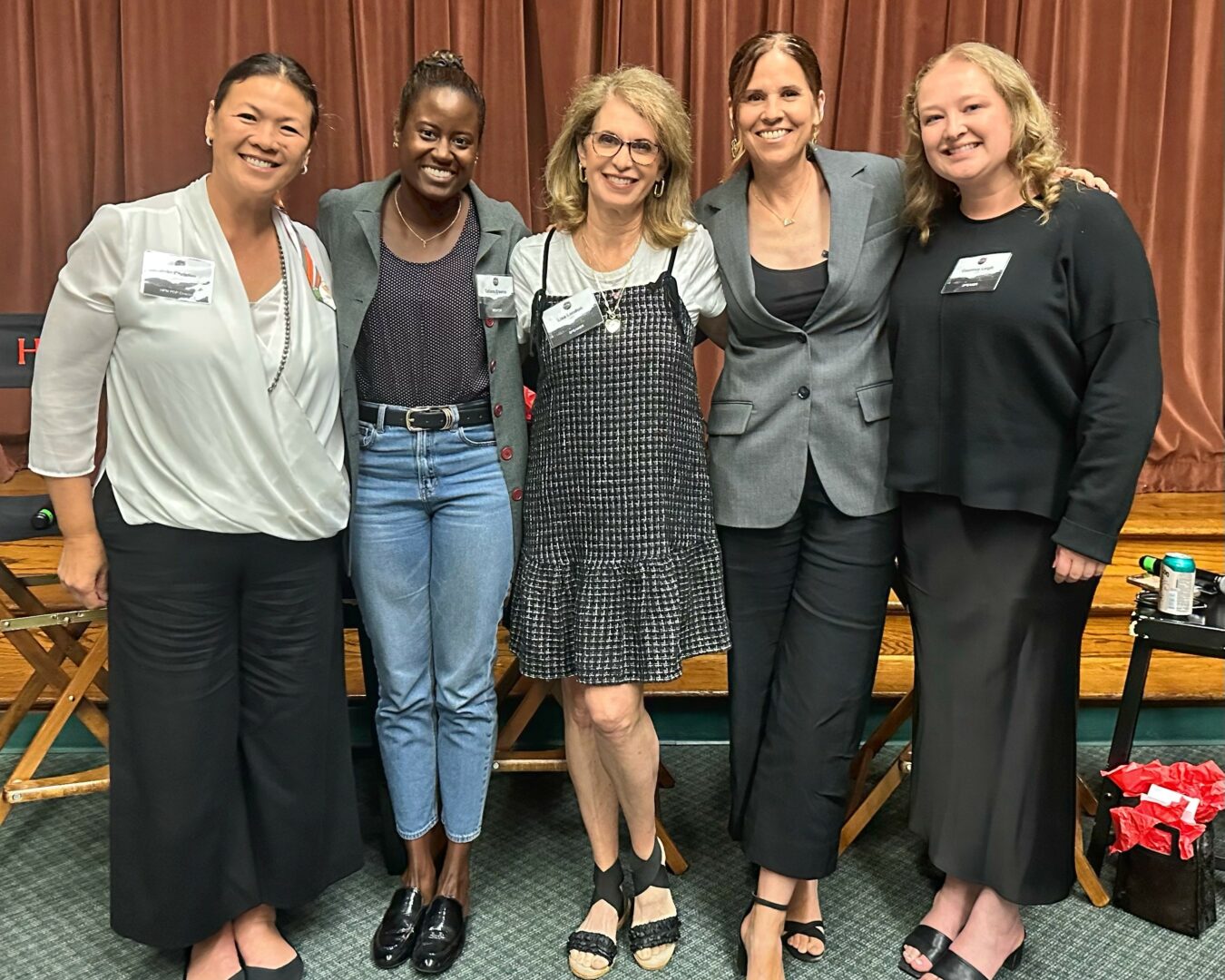
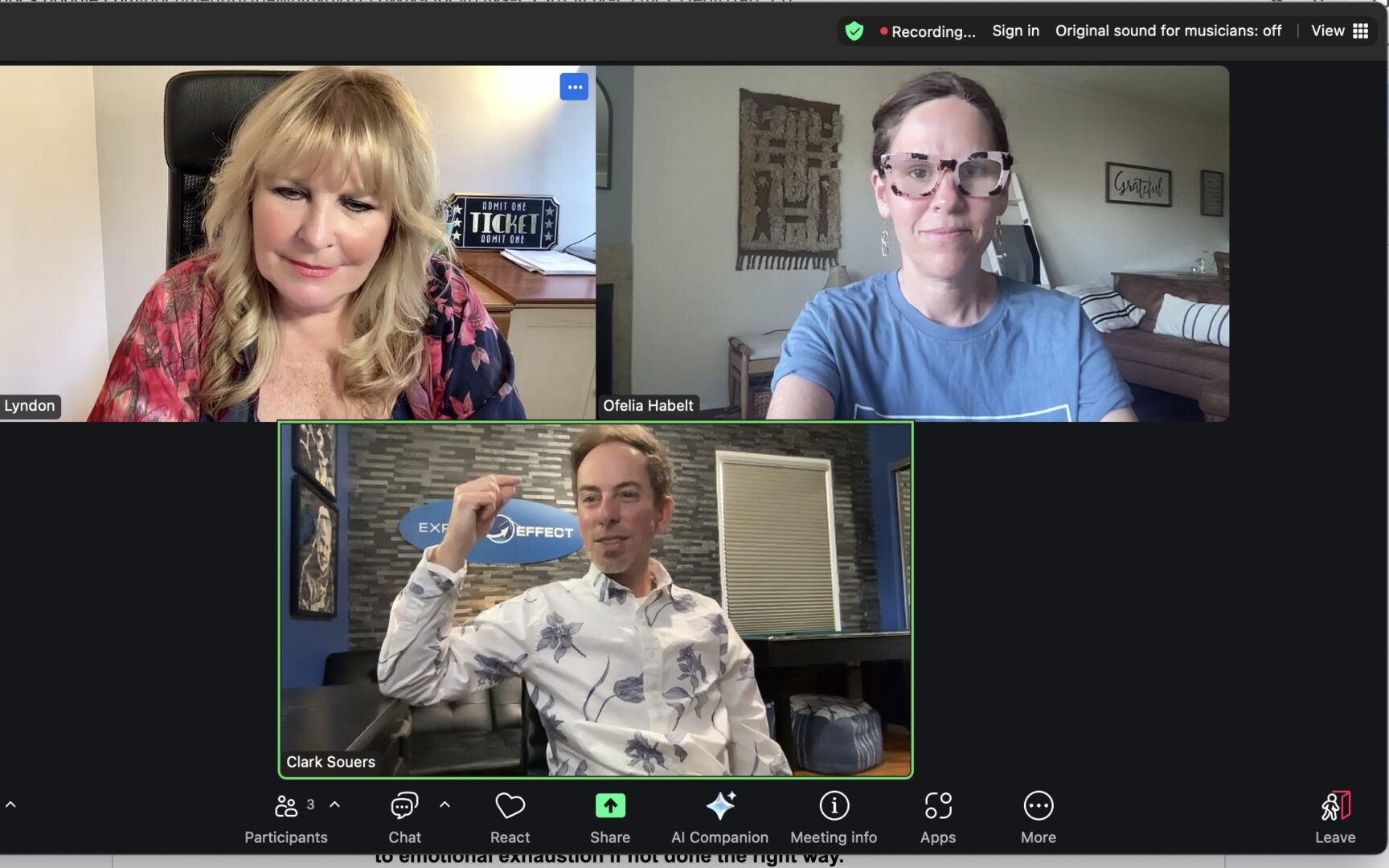
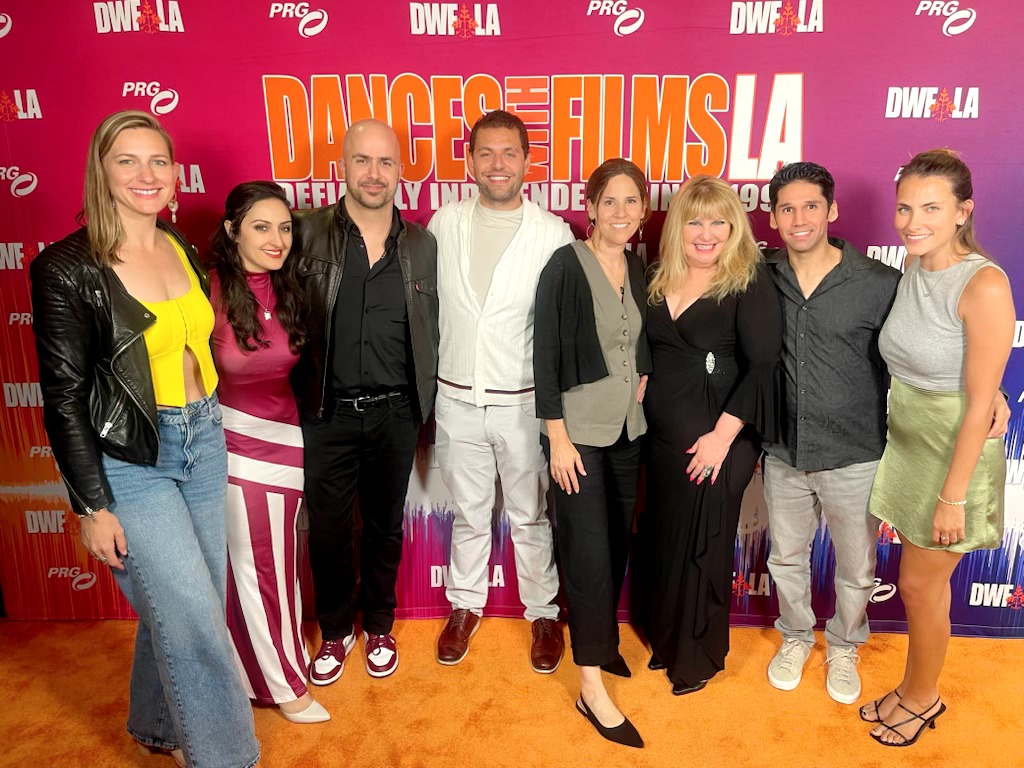

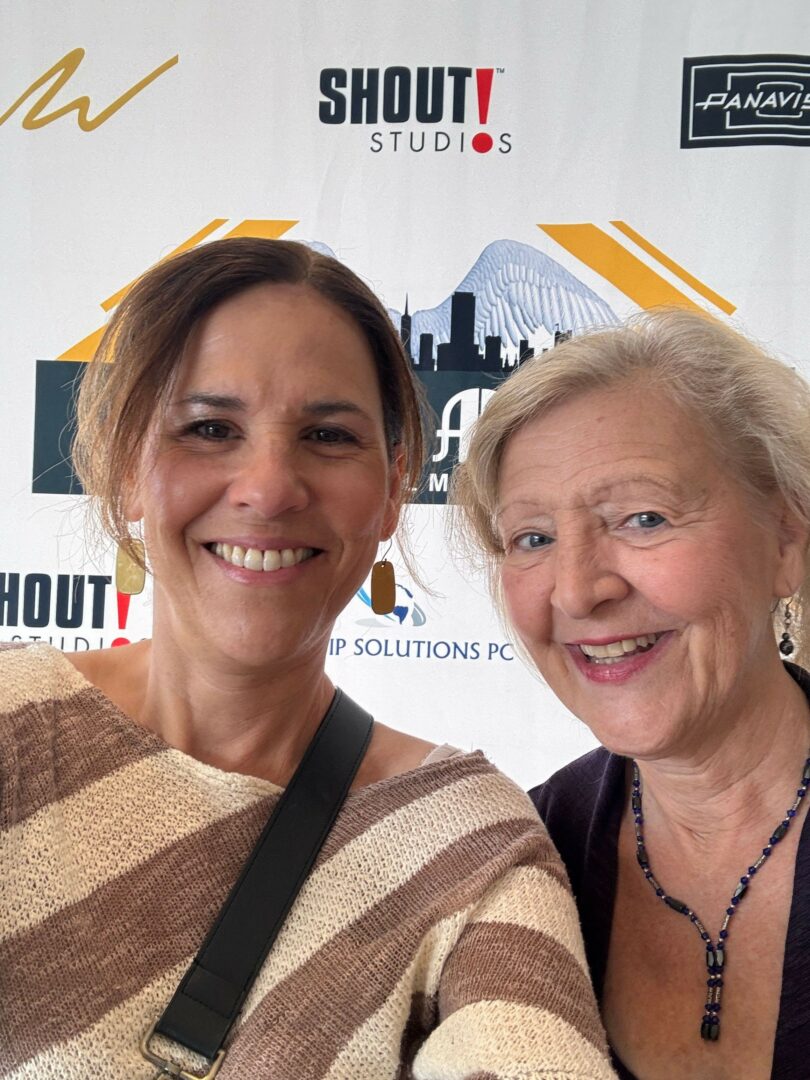
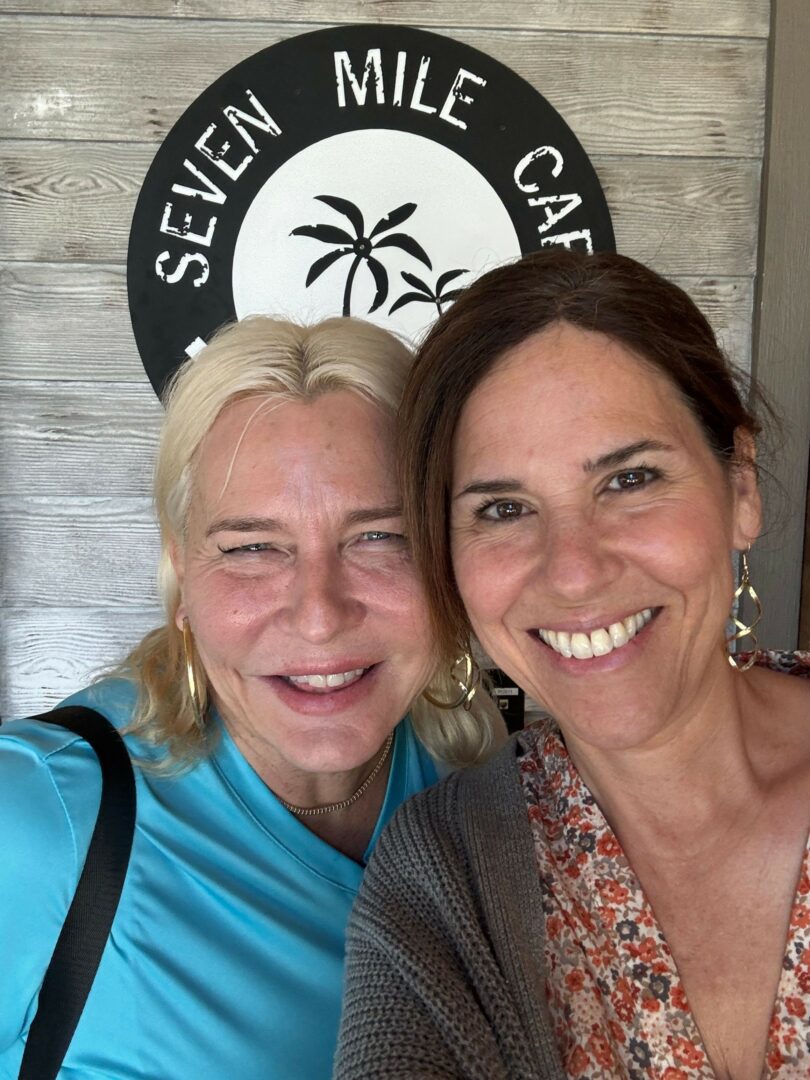
Image Credits
Jeremy David with jeremy david creative

